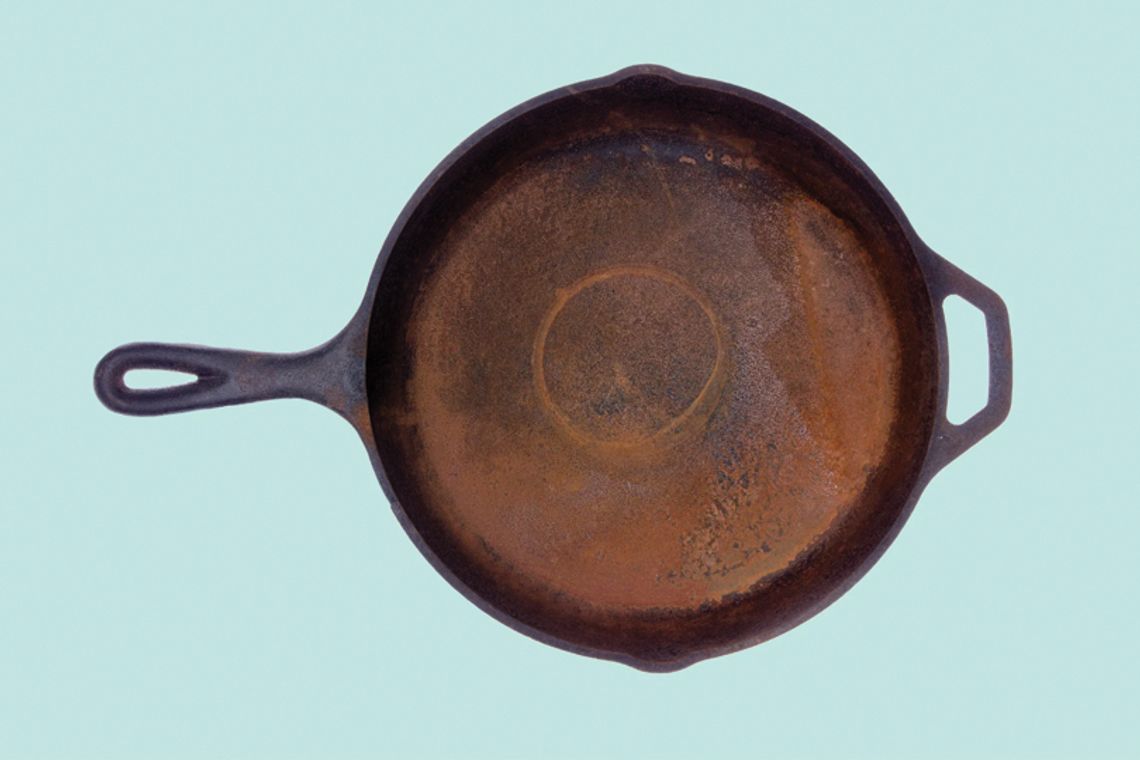Every now and then while shopping estate sales I’ll stumble across an old cast iron skillet. Like many folks, I swear by cast iron cookware. It’s the best of both worlds for me, simultaneously fulfilling two of my principles, being the traditional way of doing something while also being the most practical.
Most of the time the skillet is in bad shape. Rusted over, dusty and neglected. But anyone who knows cast iron knows what they’ve really found, because with a lot of scrubbing, seasoning and care, it can cook better than anything you’d buy new, and often last longer than the life of the owner.
But here’s the truth: that skillet didn’t get rusty overnight. Somebody put it aside, let it sit out and never took the time to give it a quick wipe and a little grease. By the time it’s rediscovered, it will take hours of hard work to bring it back to life, work that could’ve been avoided with steady, simple maintenance.
Small towns like ours have many skillets. They’re the infrastructure and bones of the city. The water lines, roads, sidewalks and buildings. The everyday tools required to feed the life of a town. When cared for, they do their job without much fuss. When neglected and overlooked, they degrade.
A road left unrepaired too long becomes a crater. A water line bursts and shuts down half the town. A historic building’s bricks begin to crumble until the repair bill is too high for anyone but an out-of-town investor to save.
None of these things happen overnight. They are slow processes which are visible to anyone who takes the time to notice. Too often, we wait until something breaks before we decide to pay attention and, by then, just like that skillet, it’s a whole lot harder and more expensive to restore.
A little foresight goes a long way, and an ounce of prevention is worth a pound of cure. A new water tower was listed as a top priority for Whitesboro 25 years ago in the city’s comprehensive plan. The cost estimate at the time was $480,000 ($900k in today’s dollars). Now, after years of inaction, we are building that tower for 7.2 million dollars. Eight times the original cost.
We build lasting strength not through grand projects, but through steady care. Every patch, every coat of paint, every small repair says we believe our town is worth keeping.
Strong communities aren’t built by waiting for things to fall apart, but by caring for them every day. Fix the sidewalk before it crumbles, paint before the wood rots, tend to what we have before chasing more. A thriving town begins with simple, steady maintenance—and the pride that comes from loving where we live.
The rusted skillet on the estate sale table presents to us a choice. Continued neglect and eventual disposal or revival.
The same is true for our town.
Maintenance isn’t glamorous or exciting, but it’s the difference between a rusted relic and a family heirloom. Between a town that limps along in decline and one that thrives with pride.
If we care for our town the way we’d care for that cast iron—seasoning it with attention, tending to the small things before they grow big—we’ll leave behind something strong and enduring. Something future generations won’t have to rescue, but will inherit with gratitude.
Ben Edwards is a teacher, podcaster and community volunteer. He lives in Whitesboro.

